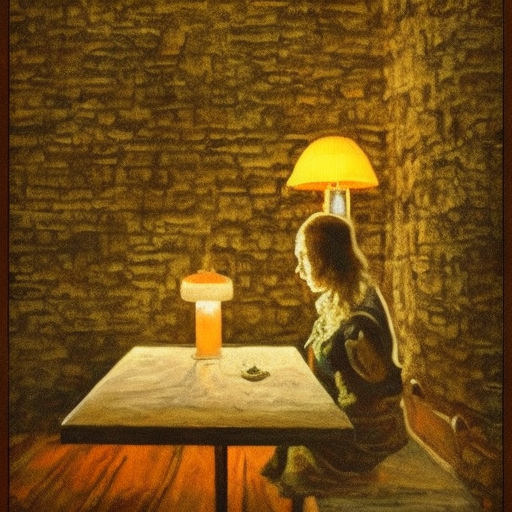Summary:
Patrons play a crucial role in supporting and promoting art and culture. They are individuals or organizations that provide financial or other forms of support to artists, writers, musicians, and other creative professionals. Patrons have existed throughout history, from ancient times to the present day, and have had a significant impact on the development and preservation of art and culture.
Historical Context:
The concept of patronage can be traced back to ancient civilizations such as Greece and Rome, where wealthy individuals would support artists and intellectuals. During the Renaissance, patrons such as the Medici family in Florence played a vital role in fostering the arts. In more recent times, patrons have included individuals like Peggy Guggenheim, who supported modern artists, and organizations like the Ford Foundation, which has funded numerous cultural initiatives.
Types of Patrons:
Patrons can be classified into different categories based on their level of involvement and the type of support they provide. Some patrons offer financial assistance, either through direct funding or by purchasing artwork. Others provide non-financial support, such as offering exhibition spaces, organizing events, or providing mentorship and guidance to artists. Additionally, patrons can be individuals, corporations, foundations, or government entities.
Impact on Art and Culture:
The support of patrons has had a profound impact on the development and preservation of art and culture. Without patrons, many great works of art may never have been created or would have been lost to history. Patrons provide artists with the resources and opportunities they need to pursue their creative endeavors, whether it be through funding for materials, studio space, or travel. They also help artists gain exposure and recognition by organizing exhibitions, sponsoring performances, or publishing their work.
Contemporary Patronage:
In the modern era, patronage continues to play a vital role in the arts. Many artists rely on the support of patrons to sustain their practice and make a living. Crowdfunding platforms have also emerged as a new form of patronage, allowing individuals to directly support artists and creative projects. Additionally, corporations and foundations often sponsor cultural events and initiatives as part of their corporate social responsibility efforts.
Challenges and Ethical Considerations:
While patronage can be beneficial, it also raises ethical concerns. The influence of patrons on the creative process and the potential for conflicts of interest are important considerations. Artists may feel pressured to create work that aligns with the preferences of their patrons, compromising their artistic integrity. Additionally, the concentration of patronage among a few wealthy individuals or organizations can limit diversity and access to resources within the arts community.
Conclusion:
Patrons have played a vital role in supporting and promoting art and culture throughout history. Their financial and non-financial support has enabled artists to create and share their work with the world. However, the ethical considerations surrounding patronage highlight the need for a balanced and diverse ecosystem of support within the arts. By fostering a culture of patronage that values artistic freedom and inclusivity, we can ensure the continued growth and vitality of art and culture.












